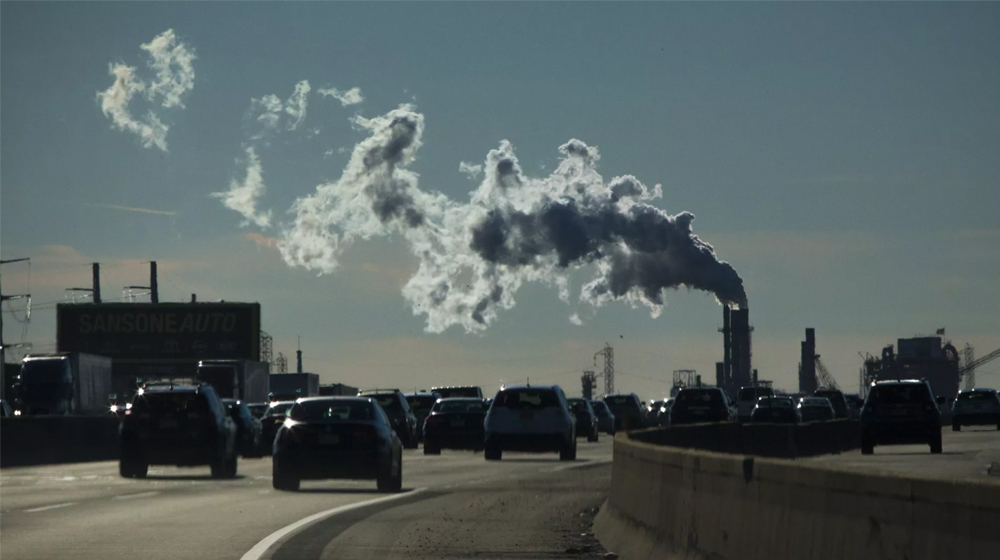A UN report on global warming has issued a life-or-death warning to bring “rapid, far-reaching, and unprecedented changes in all aspects of society.”
The report by Nobel Prize-winning Intergovernmental Panel on Climate Change (IPCC) has called for keeping the global rise in temperatures under 1.5 degrees C while stating that the world is on its way to reach 3 degrees C instead.
The 728-page document states that containing the temperatures below 1.5C will not be easier, as it will require deep, rapid changes to all social aspects. However, it is incumbent to improve Earth’s weather, ecosystems, and health.
The scientists stated that it is possible if the world leaders can limit the human-caused warming to 0.5 degrees C instead of the globally maintained target of 1 degree C.
How to Limit Man-Made Global Warming
The report states that the 1.5 C target can be achieved by:
- Reducing global carbon dioxide emissions by 45% from 2010 levels by 2030
- Use renewables/alternative sources to generate 85% of the global electricity by 2050
- Minimize the use of coal to near to zero
- Employ up to 7 million sq. km of land to grow energy crop (it is a little less than the size of Australia)
- Reduce global emissions to net zero by 2050
ALSO READ
WEF Global Risks Report 2018 Paints a Scary Picture for the Near Future
What Happens If Word Achieves It
If the world manages to reduce the warming to this point, the result will be:
- Unavailability of water shall reduce by half
- Decrease in deaths and diseases from smog, heat, and infections
- Rise in sea level shall reduce by approx. 4 inches
- Animals and plants losing their habitats will reduce by half
- Downpours, heatwaves, and droughts shall decrease remarkably
- Risk of irreversible melting of West Antarctic sheet shall reduce
- The death of most of the world’s coral reef will become preventable
“For some people, this is a life-or-death situation without a doubt,” says Natalie Mahowald, the lead author of the report.
An Expensive Way Out
Nevertheless, achieving this target is not going to be easy, as it will involve “annual average investment needs in the energy system of around $2.4 trillion,” between 2016 and 2035.
But the experts state that this may be expensive in the short run, but will be cheaper as compared to the expenses incurred a few decades later to remove the impacts of today’s decisions.
For instance, cutting carbon emissions may cost a lot of money today, but it is way less than the money incurred on the removal of carbon dioxide at the end of this century.
Moreover, the report also states that the benefits of reducing warming to 1.5 C include higher economic growth and lower risk of catastrophic environmental impacts.
The report states that the world leaders cannot kick the hard decisions down the road, as there is no time left. It further calls for significant and immediate changes in four major global systems, land use, industry, cities, and energy.
Via: BBC



























UN Issues ‘Life or Death’ Warning About Global Warning https://uploads.disquscdn.com/images/16148137a0a5177a1c4863c41106accf7cb771ec857505940c375b52995314bc.jpg
Its WARMING at the end, Plz correct.